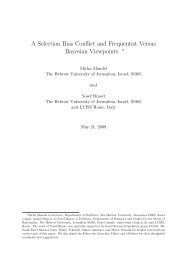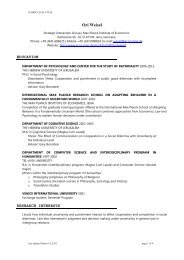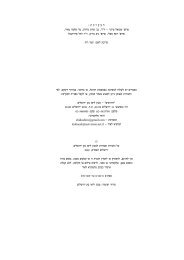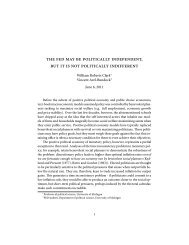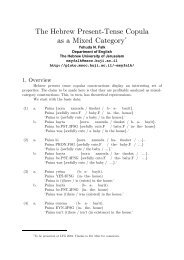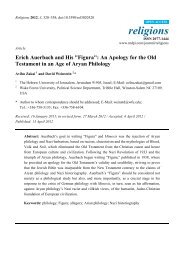Transitive verbs with non-accusative alternation in ... - Pluto Huji Ac Il
Transitive verbs with non-accusative alternation in ... - Pluto Huji Ac Il
Transitive verbs with non-accusative alternation in ... - Pluto Huji Ac Il
You also want an ePaper? Increase the reach of your titles
YUMPU automatically turns print PDFs into web optimized ePapers that Google loves.
94<br />
Rivka Halevy<br />
(73) a. El toro furioso corneó {Ø/a} toreros<br />
the bull furious gored {Ø/to} bull-fighters<br />
‘the furious bull gored bull-fighters’<br />
b. ha-šor ha-zo'em nagax {'et/be-} loxamey ha-švarim<br />
the-bull the-furious gored {OM/<strong>in</strong>-} fighters (of) the-bulls<br />
‘the furious bull gored the bull-fighters’<br />
(74) a. Cyrano perforaba con su estoque {Ø/a} los nobles y<br />
Cyrano stabbed <strong>with</strong> his sword {Ø/to) the nobles and<br />
plebeyos que burlaban su figura<br />
plebeians which laughed-at his shape<br />
‘Cyrano stabbed <strong>with</strong> his sword the nobles and plebeians which<br />
laughed at his shape’<br />
b. Cyrano daqar be-xarbo {'et/be-} ha-'atsilim<br />
Cyrano stabbed <strong>with</strong>-his-sword { OM/<strong>in</strong>-} the-nobles<br />
ve-ha-flebeyim še-la’agu le-mar’e panav<br />
and-the-plebeians which-laughed-at view of his shape<br />
‘Cyrano stabbed <strong>with</strong> his sword the nobles and the plebeians<br />
which laughed at his shape’<br />
(75) a. El campes<strong>in</strong>o aserró {el/al} madero con facilidad<br />
The farmer cut {the/to-the} wood <strong>with</strong> eas<strong>in</strong>ess<br />
‘The farmer cut the wood easily’<br />
b. ha-'ikar niser {'et/be-} ha-'ets be-qalut<br />
the-farmer cut { OM/<strong>in</strong>-} the-wood easily<br />
‘The farmer cut the wood easily’<br />
Furthermore, Hebrew and Spanish are also similar <strong>in</strong> that the alternat<strong>in</strong>g<br />
construals often yield a similar k<strong>in</strong>d of verbal polysemy (cf. Section 6), e.g.<br />
(76a, b):<br />
(76) a. ‘kill’ – matar Ø : harag 'et<br />
b. ‘slaughter’, ‘execute massive kill<strong>in</strong>g’ – matar a : harag be-<br />
In Hebrew, this k<strong>in</strong>d of verbal polysemy may also sometimes be related to<br />
the usage of different verb-forms of the same lexeme, e.g. (77a, b) and<br />
(78a, b): 25<br />
(77) a. ‘remember’ – recordar Ø: zaxar 'et<br />
b. ‘recall, rem<strong>in</strong>d of ‘ – recordar a : nizkar be-<br />
(78) a. ‘exam<strong>in</strong>e’, ‘study’ – exam<strong>in</strong>ar Ø: baxan ‘et



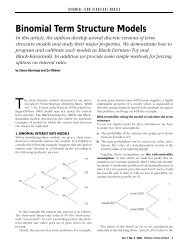
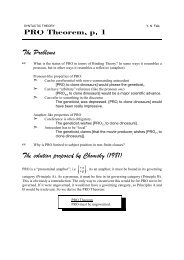
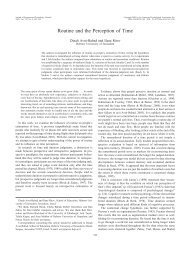
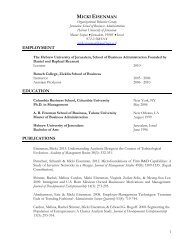
![CV [PDF] - Pluto Huji Ac Il](https://img.yumpu.com/18174585/1/190x245/cv-pdf-pluto-huji-ac-il.jpg?quality=85)
